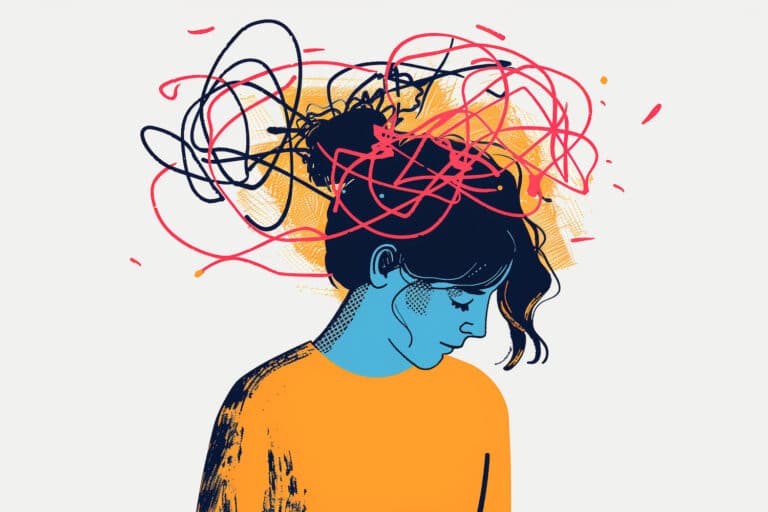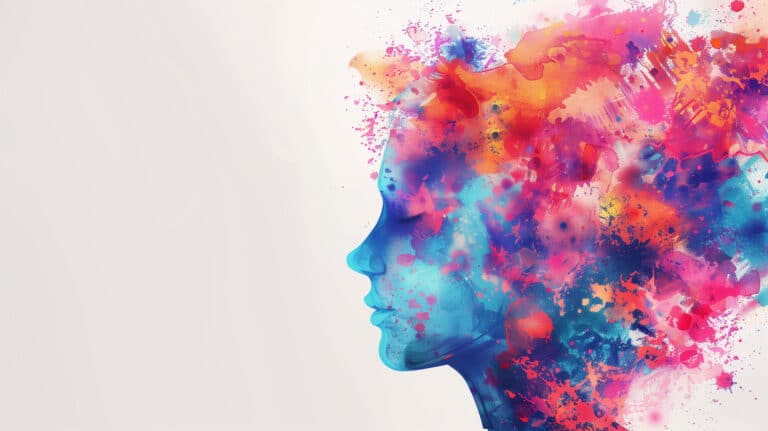Sometimes the symptoms of an eating disorder can be difficult to recognize, often because they reveal themselves subtly. The symptoms of anorexia are important to recognize because mortality rates from anorexia are the highest of any mental illness. Individuals, ages 15-24, who are suffering from anorexia have 10 times the risk of dying compared to others their age.
Anorexia is characterized by abnormally low body weight, an intense fear of gaining weight, and a false perception of weight. Those with anorexia place a high value on controlling their weight and will use extreme measures to do so. They will often restrict the amount of food they eat and may control calorie intake by vomiting, using laxatives or diet aids, or compulsively exercising.
As with other eating disorders, anorexia can be consuming and lead to severe mental, physical, and emotional issues. Anorexia is not about food but is often a way of coping with other issues.
What are the symptoms of anorexia?
The symptoms of anorexia can often be hard to notice because low body weight is considered to be different for each person, and some individuals are naturally thin. Those with anorexia also may often disguise their body, eating habits, or physical symptoms.
Physical Symptoms of Anorexia
Those suffering from anorexia may not exhibit all symptoms, but physical symptoms can include the following:
- Scarred or blistered knuckles
- Stained teeth from vomiting
- Intolerance of cold
- Fatigue
- Consistent lightheaded
- Excessive sleep or a lack of sleep
- Dry, brittle nails
- Thin, fragile hair
- Absence of menstruation
- Low blood pressure
- Poor wound healing
- Yellowing skin
- Stomach cramps
- Muscular weakness
Individuals may show physical symptoms that range from obvious to more subtle. As mentioned, people with anorexia may hide some physical symptoms by wearing excessive layers to conceal weight loss. It is also important to remember that none of these symptoms are enough to draw definitive conclusions alone that someone is suffering from anorexia. When there are multiple symptoms, in conjunction with the behavioral changes, seeking medical care is vital.
Emotional or Behavioral Symptoms of Anorexia
Emotional and behavioral symptoms of anorexia are more specific to the individual. The better you know the person, the more likely you are to notice the changes in their emotions and behaviors.
- Preoccupation with food, weight, or dieting
- Excessively exercising
- Severely restricting food through dieting or fasting
- Frequently skipping meals
- Cooking food for others while not eating
- Denying feeling hungry
- Irritability
- Inability to focus
- Consistently expresses feeling fat
- Compulsive need for control
- Being socially withdrawn
- Food rituals like eating food in a certain order or excessive chewing
- Showing lack of emotion
Anorexia can also co-occur with other mental health disorders such as anxiety, depression, or substance use disorder. These other disorders can sometimes be a result of the eating disorder behaviors which can cause mental distress. A dual diagnosis can start around the same time as the eating disorder or before it begins, or it can emerge during the eating disorder.
How can anorexia be treated?
A key factor in ending the stigma that surrounds eating disorders and other mental health issues is to talk about it. If you are worried about a loved, one, start the conversation by telling them you are concerned without being judgmental. Waiting until the symptoms become severe could be too late. It takes courage to recognize that help is needed. Research tells us that without proper treatment, 20% of people with serious eating disorders die.
Eating disorder treatment programs like Magnolia Creek help women understand they are not alone. We offer comprehensive, compassionate care using evidence-based treatment that enables clients learn new ways to cope and challenge cognitive distortions that have prevented them from seeing their true value. As clients improve their mental, emotional, and physical health, they strengthen their commitment to living a life free from their eating disorder. Our goal is to help clients recover and transition smoothly toward a life beyond their eating disorder.
If you or a loved one is suffering from anorexia, call us today or complete our contact form.




